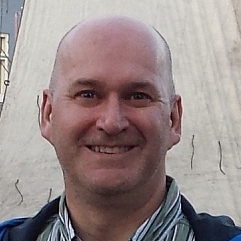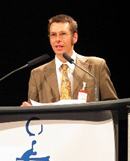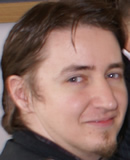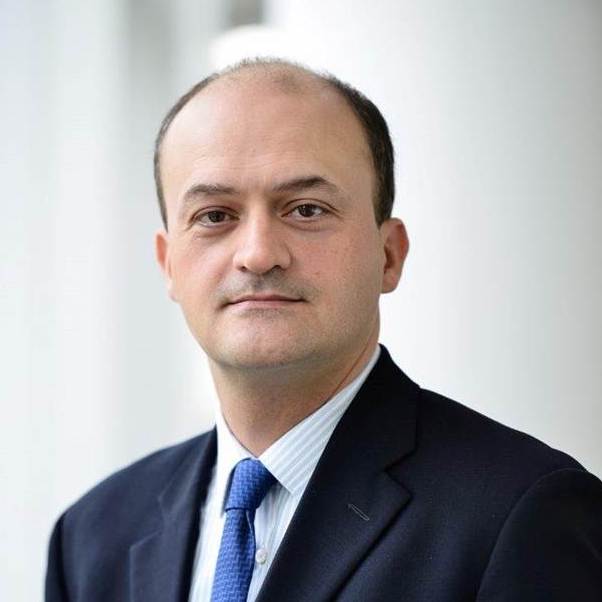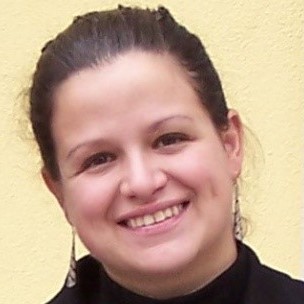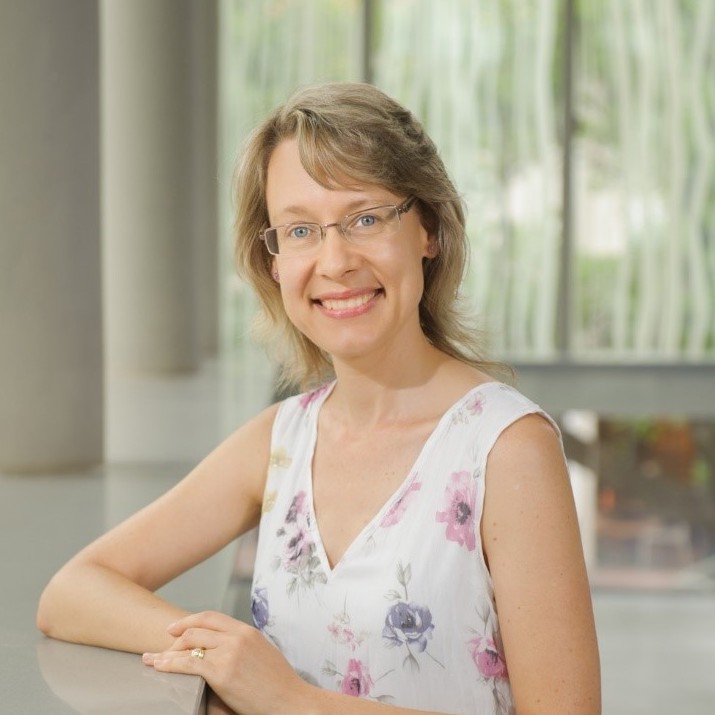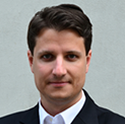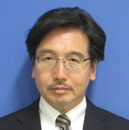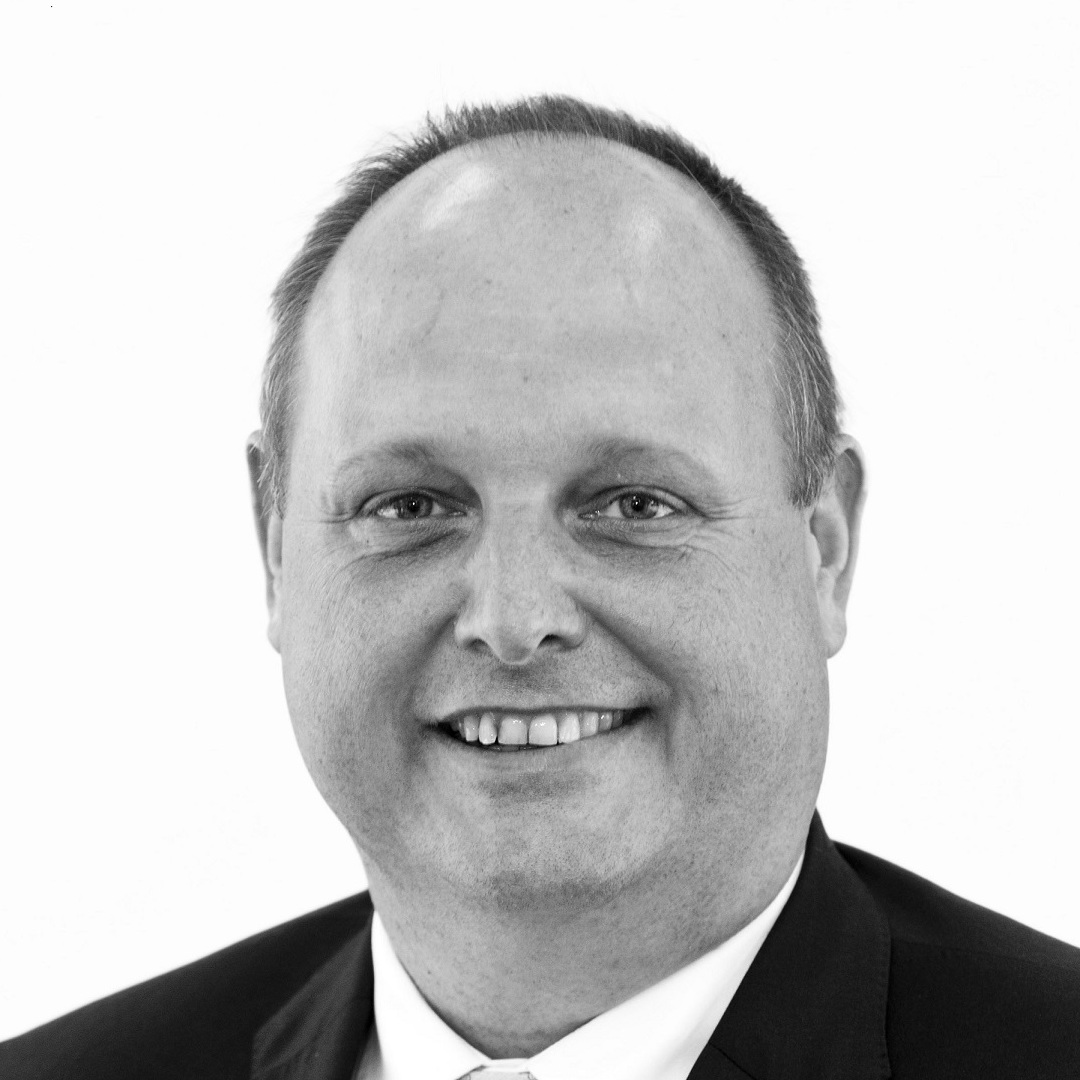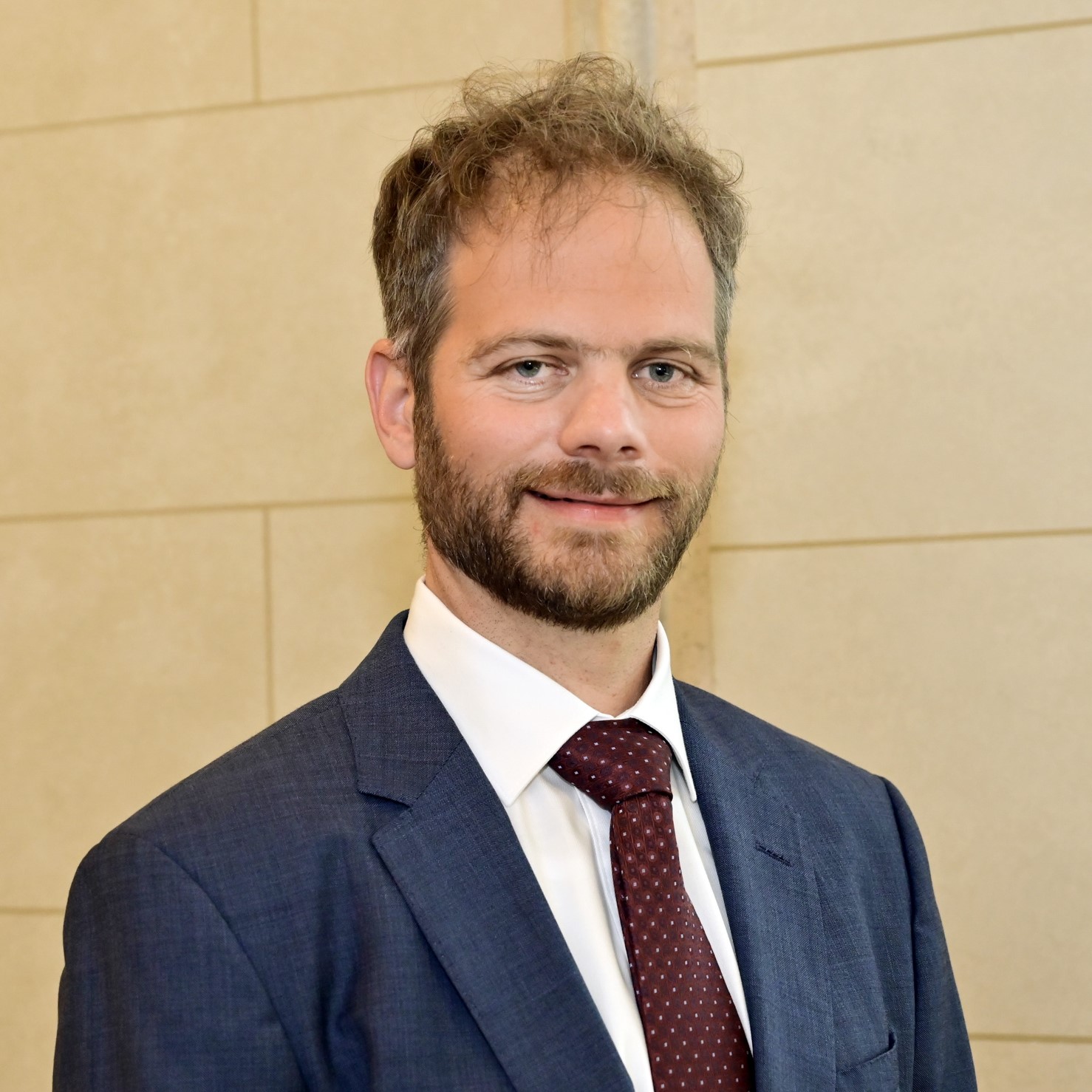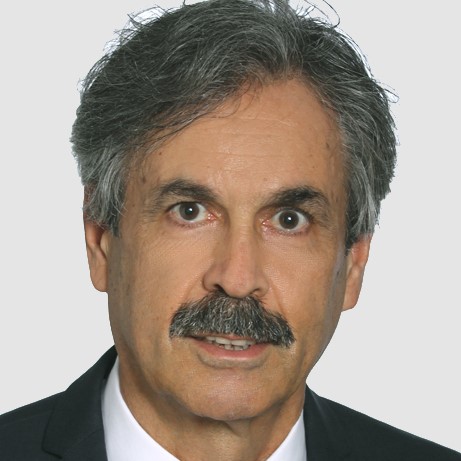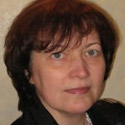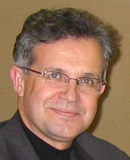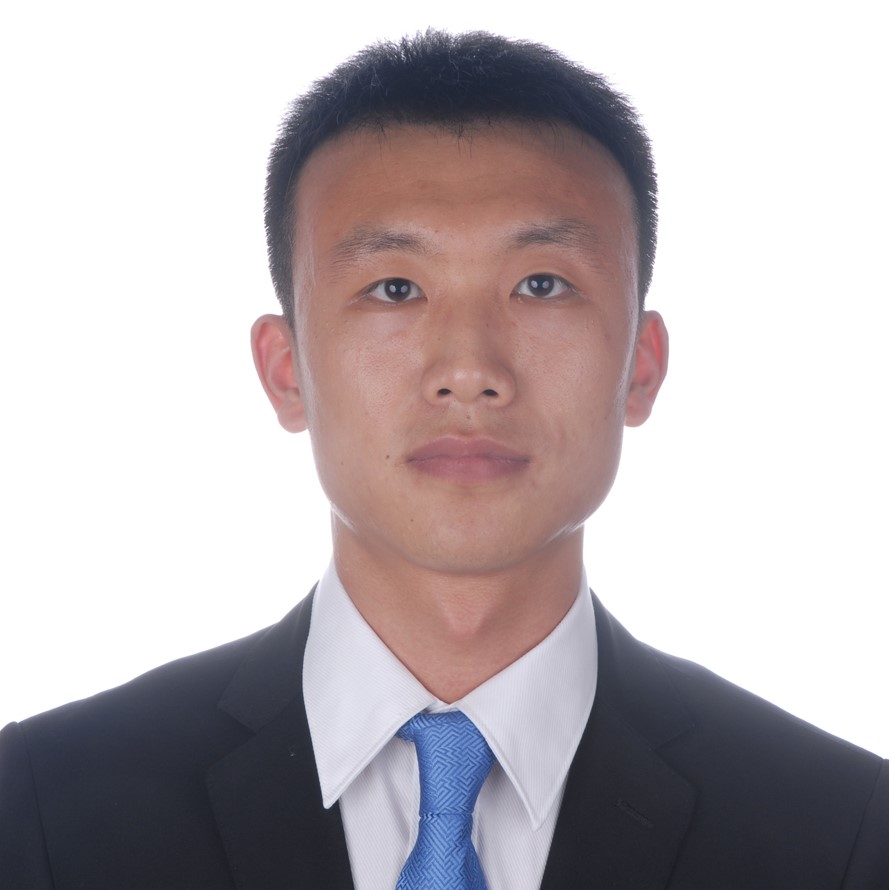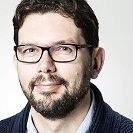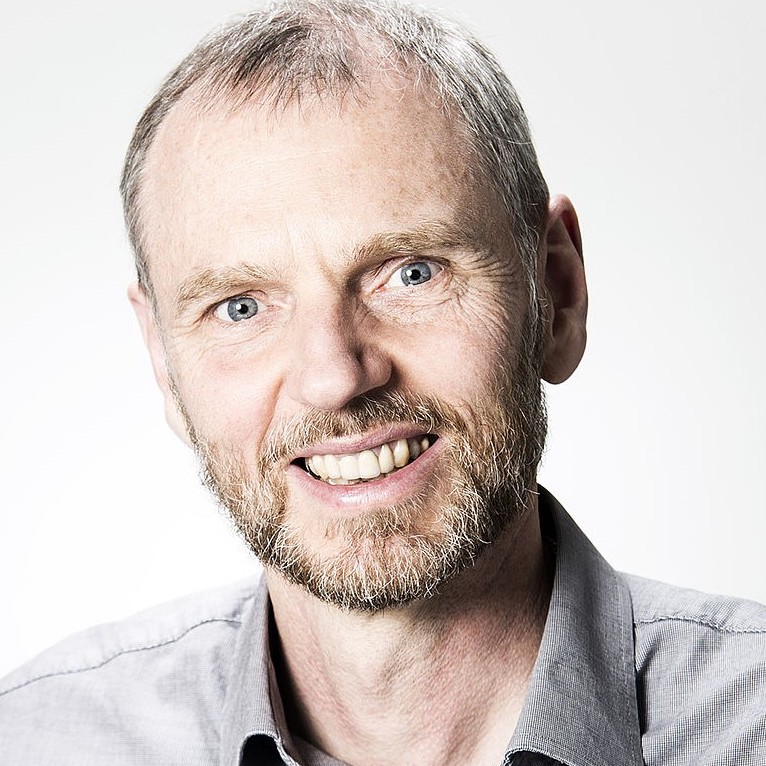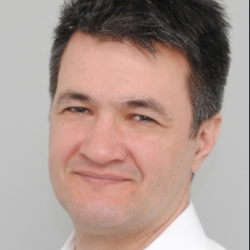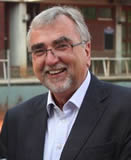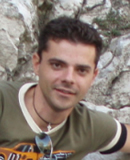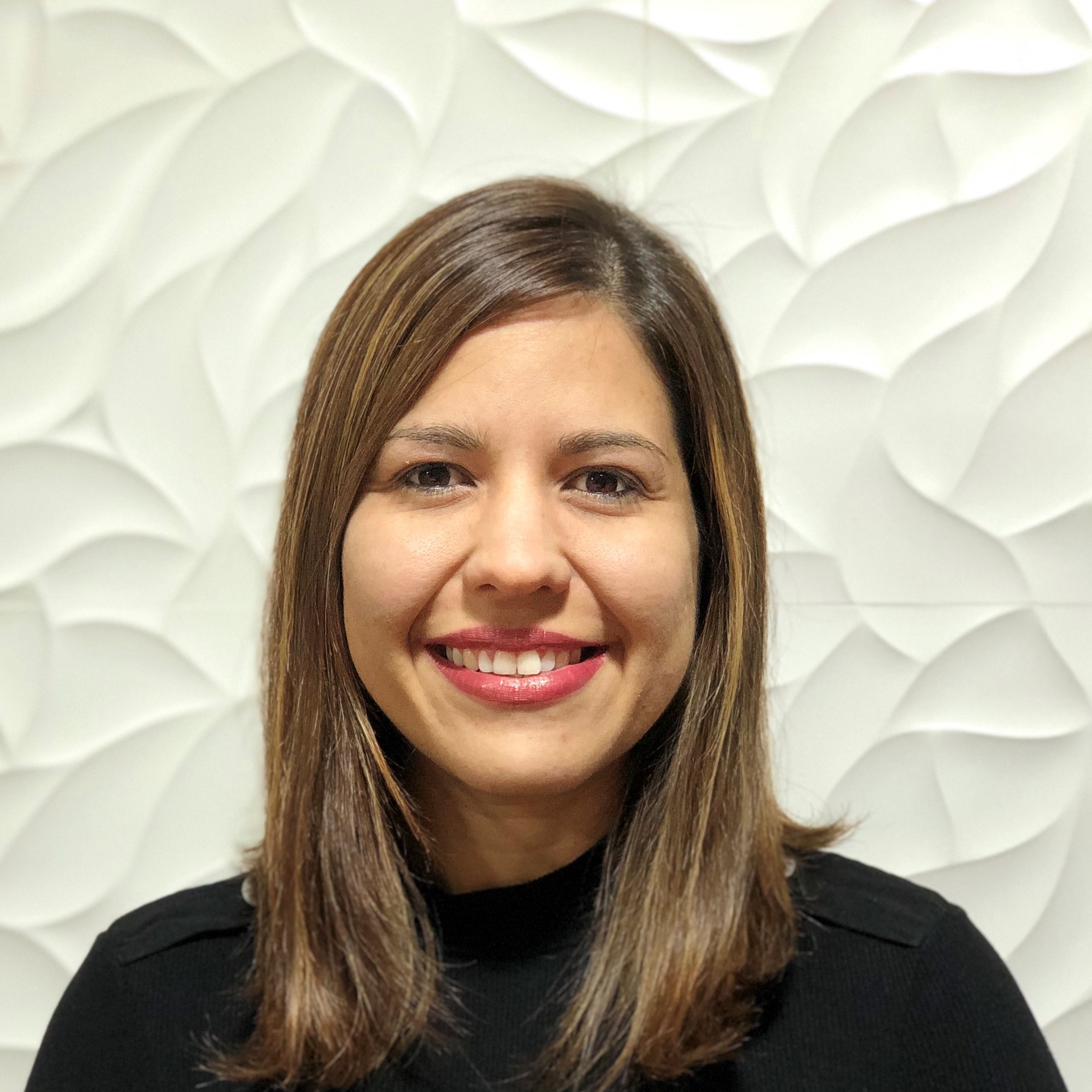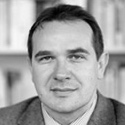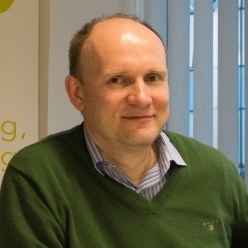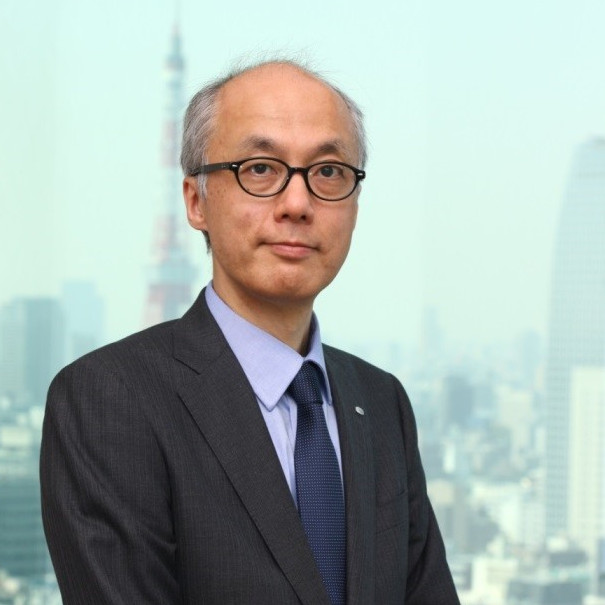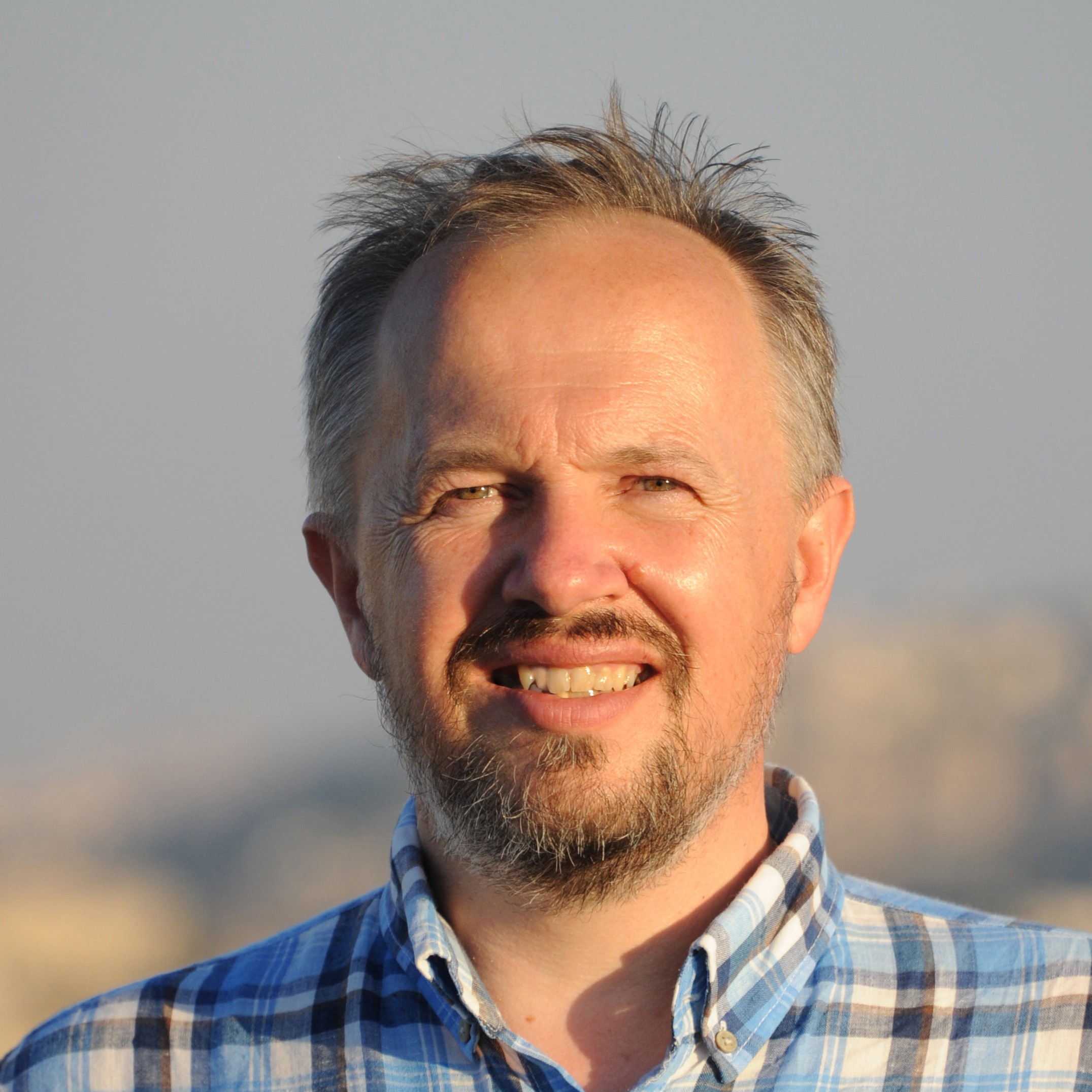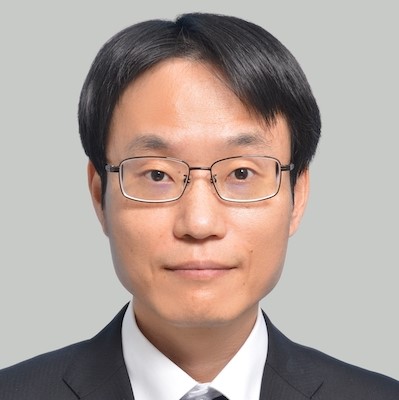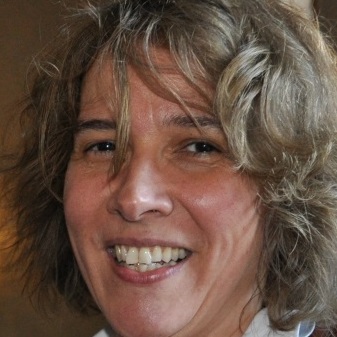Abstracts
Have a look at the lecture abstracts of this year's edition and explore the profiles of the presenters!
All times are UTC+2 (Vienna, CEST - Central European Summertime).
Process mining is used to discover enterprise-level process models from system logs. Process mining practices are mainly activity-oriented and they seldom consider the (often conflicting) goals of stakeholders. Involving goal-related factors, as often done in early requirements engineering phases, can improve the rationality and interpretability of mined models and lead to better opportunities to satisfy stakeholders, especially during digital transformation. In this course, I will first highlight recent challenges related to process mining and the importance of considering goals. I will then introduce a new Goal-oriented Process Enhancement and Discovery (GoPED) method, which aligns discovered models with stakeholders’ goals. GoPED first adds goal-related attributes to traditional event characteristics (case identifier, activities, and timestamps), selects a subset of cases with respect to a goal-related criterion, and finally discovers a process model from that subset. The method defines three types of criteria, supported by different algorithms, that suggest desired satisfaction levels from a (i) case perspective, (ii) goal perspective, and (iii) enterprise perspective. The resulting process models are simpler to understand and reproduce the desired level of satisfaction. Example from healthcare organizations will be used to illustrate the benefits of GoPED.
Lecture at NEMO2021
Date/Time: Tuesday, July 20, 2021 at 14:15 UTC+2/CEST
The current industrial transition towards Factories of the Future (FoF) implies strong transformation of enterprise Business Models within the manufacturing sector. Product Service Systems are a key component of this transition, and contribute to renovate both the underlying enterprise models and the needs of enterprise engineering tools. The objective of the lecture is to articulate the overall needs of transition towards FoF with the requirements for innovative conceptual modelling approaches and new enterprise engineering methods and tools. The lecture will first give a synthetic insight on PSS within the context of FoF, to make possible for the audience to understand the key concepts of PSS and key industrial needs for developing innovative enterprise modelling and engineering solutions. The second part of the lecture articulate two dimensions of Enterprise engineering: an advanced modelling method dedicated to support PSS design and engineering (based on a PSS-oriented meta-model) and a decision-making approach for PSS economic-model balancing.
Lecture at NEMO2021
Date/Time: Wednesday, July 21, 2021 at 13:00 UTC+2/CEST
The interplay between Knowledge Graphs and Domain-specific Modelling Languages was traditionally concerned with the challenge of “ontological commitment” - i.e., checking the ontological qualities of a language in order to enforce coherence and consistency in model contents. An alternative approach to coupling the two knowledge representation approaches will be promoted by this lecture, motivated by pragmatic requirements of externalizing and combining both human-readable and machine-readable representations, thus giving a novel interpretation to the seminal SECI knowledge conversion cycle. Agile modelling languages are treated here as schemas for knowledge that is amenable to linking, reasoning and publishing with the help of semantic technology - i.e., RDF graph databases, OWL axioms, SPARQL queries and endpoints. The presentation highlights benefits of combining the Agile Modelling Method Engineering Framework with the Resource Description Framework in order to build novel knowledge acquisition methods. The lecture will present results derived from applying and refining this idea in the ComVantage FP7 EU project and the EnterKnow PED Romanian research project, taking it to the point where it may inspire a novel “model-aware” software engineering method.
Lecture at NEMO2021
Date/Time: Thursday, July 22, 2021 at 12:15 UTC+2/CEST
Despite their recent introduction and consolidation in the industrial practice, Product Service System business models are subjected to a further revision in order to fully exploit the opportunities and challenges provided by the Industry 4.0 technological paradigm. Companies need to identify and define new business models integrating PSS with digital technologies and, as a result, revise their decision-making processes. The design and development of a Product–Service System (PSS) raises new issues since the service component introduces further requirements than traditional product engineering. Compared to traditional and smart products, services are generally under-designed and inefficiently developed. Approaches such as New Service Development, Service Design and Service Engineering have emerged during the last decades to support the design and development of service either as a system itself or as a constituting element of a PSS. In particular, Service Engineering investigates service design and development with a systematic perspective and with a seamless integration of product and service contents. Purpose of the lecture is to provide a holistic conceptualisation and an up-to-date analysis of the current state of the art on the evolution of the concept of Product Service system and Service Engineering models with a specific focus on their adoption in the PSS context. A critical analysis is also performed with the aim to define a research agenda and the most prominent key actions that could give directions for future research.
Lecture at NEMO2021
Date/Time: Friday, July 23, 2021 at 14:15 UTC+2/CEST
The design and engineering methodology for organizations (DEMO) is an established theory-based methodology for representing the organization domain of an enterprise in a concise way, using four aspect models. One of the aspect models, the Construction Model (CM) provides an overarching big-picture to represent the essence of enterprise construction and operation. The CM reduces complexity and hence facilitates the human need for simplicity to manage a problem situation intellectually. We highlight the value of the CM and discuss a sub-method, the Enterprise Construction Modelling Method (ECMM), that is useful in composing a CM. We use a short case study to demonstrate how a CM can be composed, using the DEMO Modelling Tool (DMT) that was developed via the ADOxx platform.
Lecture at NEMO2021
Date/Time: Thursday, July 29, 2021 at 12:15 UTC+2/CEST
Distributed ledger technologies have recently gained attention due to their successful application to blockchain and smart contract platforms such as Bitcoin and Ethereum. In this talk we will explore how these technologies can contribute to the domain of enterprise modeling by presenting the concept of Knowledge Blockchains. With this concept, enterprise models can be linked with blockchains for the immutable, decentralized and transparent storage of knowledge assets, the traceability of the origin of knowledge, and the application of so-called zero-knowledge proofs. The talk will provide a brief introduction into the underlying technologies and present extensions for the ADOxx metamodeling platform as a first proof-of-concept. Finally, potential use cases for the approach will be highlighted and an outlook will be given towards future research directions.
Lecture at NEMO2021
Date/Time: Tuesday, July 27, 2021 at 12:15 UTC+2/CEST
While it is undisputed that today’s enterprises depend crucially on IT, many companies still struggle with exploiting the potential of IT to a full extent. On the one hand, that requires adapting IT infrastructures of ever increasing complexity to changing needs of the business, on the other hand, it recommends rethinking organisational structures and business processes to create new opportunities for the efficient use of IT. In the long run, the digital transformation may even require to reinvent the entire business model, which will usually imply a major restructuring of a company and its IT. IT-Business alignment can be mastered only, if a professional perspective on the business is combined with elaborate knowledge of the IT. The field of enterprise modelling is addressing this demand by integrating models of the business, such as goal models or business process models, with models of the IT, such as models of the IT infrastructure, object models etc. In his talk, Ulrich Frank, will give an overview of “Multi-Perspective Enterprise Modelling” (MEMO) to demonstrate how enterprise models support various kinds of business and IT related analyses that support both, IT managers and line managers and that thereby serve as a pivotal instrument to foster IT business alignment. For this purpose, he will give an overview of the domain-specific modelling languages that are part of MEMO, the language architecture and the language specification. The presentation will be supplemented by a tutorial on the use of MEMO4ADO, a tool that facilitates the construction of integrated enterprise models using the MEMO languages.
Lecture at NEMO2021
Date/Time: Monday, July 26, 2021 at 12:15 UTC+2/CEST
There is a growing body of evidence that certain classes of models (enterprise architecture models, goal models as well as process and service models, for instance) are amenable to automated acquisition from readily available enterprise data. These techniques seek to mine useful “first-cut” models from the available data, which can be subsequently edited and refined by analysts, thereby easing the model acquisition bottleneck (there are other benefits, including the ability to improve model quality, and the use of models as dashboard artefacts). Data-driven methods can also indirectly contribute to the development of more resilient models. This tutorial will provide a timely exposition to these techniques whose importance is likely to grow significantly in the near future.
Lecture at NEMO2021
Date/Time: Tuesday, July 27, 2021 at 13:00 UTC+2/CEST
We define Japanese creative services and discuss how they have been sustained successfully and its application to global service enhancement. There are many “Shinise” (shops of long standing) service companies in Japan that are quite unique compared to the companies located in any other geographical region. They typically have anecdotal values based on nature and seasons, various types of culture, histories, and/or lifestyles. Several Japanese creative services are expanding their activities toward global markets. We explain the mechanisms of the sustainability and scalability of advanced cases of Japanese Creative Services. A key aspect of the mechanism is a communication between service providers and consumers based on sharing/interpreting/utilizing of tacit context in a community. For analyzing the key aspect, we propose the combined approach of sociology/anthropology, psychology, engineering and design thinking. We developed a meta-modeling platform for handling the combined analysis of the Japanese Creative Services. We believe that this kind of approach will contribute to creating new values within the field of service science and for value-added global services.
Lecture at NEMO2021
Date/Time: Tuesday, July 20, 2021 at 13:00 UTC+2/CEST
The presentation will provide an overview of our ongoing research related to Data Governance aiming to develop an Enterprise Architecture Development Method for Smart Cities. It will present in overview some aspects of the Smart City Lighthouse project +CityXchange (https://cityxchange.eu/), in which we collaborate with Limerick City and County Council to develop demonstration projects in climate-friendly and sustainable urban environments. The presentation will introduce the area of Digital Services Innovation. As a novel paradigm it follows the Service-Dominant Logic to enable architecting service ecosystems based on a Design Science approach.
Lecture at NEMO2021
Date/Time: Monday, July 26, 2021 at 13:00 UTC+2/CEST
Vienna is on its way to becoming the digitisation capital. It is essential to focus on the benefits of technology for people. Digital humanism is an essential principle in all digital change processes. The “Digital Agenda Vienna” shows the relevant fields of action of digitalisation: security, service, knowledge, working world 4.0, economy, infrastructure and governance. In Vienna, it is always said: The human being is the centre of attention. Technology follows people, not people following technology.
Lecture at NEMO2021
Date/Time: Wednesday, July 28, 2021 at 14:15 UTC+2/CEST
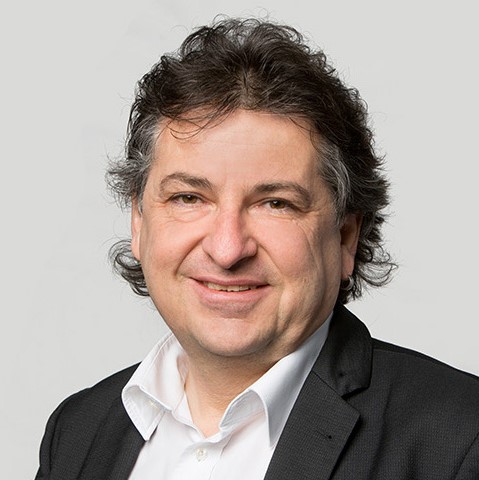
University of Applied Sciences and Arts Northwestern Switzerland FHNW, Switzerland
The continuous alignment of business and IT in a rapidly changing environment is a grand challenge for today’s enterprises. Decision-makers use models to understand and analyze a situation, to compare alternatives, and to find solutions. While humans prefer graphical or textual models, semantic annotation makes the knowledge in models machine-interpretable. The approach has been applied in the CloudSocket project for the selection of cloud services to achieve Business Process as a Service. This presentation also describes a meta-modelling approach, which combines human-interpretable graphical enterprise architecture models with machine-interpretable enterprise ontologies. A metamodel which is represented as a formal ontology determines the semantics of the metamodel. Every time a new modelling element is created during modelling, an instance for the corresponding class is created in the ontology. Thus, models for humans and machines are based on the same internal representation.
Lecture at NEMO2021
Date/Time: Friday, July 23, 2021 at 13:00 UTC+2/CEST
The quality management discipline is continuously evolving over time and the term “quality 4.0” coins the stage of development, in which “industry 4.0’s digital technologies” (e.g., cyber-physical systems, internet of things, cloud manufacturing, augmented reality, etc.) are applied to quality management. The “quality 4.0” concept is lively discussed in literature and it will play a decisive role in the factory of the future. However, there are still uncertainties regarding the operationalization of the concept in practice and the topic is “too fresh” to have experienced a thorough theoretical foundation yet. So, it is rather unclear whether existing quality management methods and techniques can be transferred to industry 4.0 settings or not. As a result, guidelines for the effective implementation of quality 4.0 principles are missing yet. Furthermore, companies often lack the resources to investigate the design of new quality management methods for industry 4.0. This lecture proposes “tool-supported situational roadmap development for BPI” as an instrument to arrive at enterprise-adapted and easy-to-use approaches for “quality 4.0” that can be applied straight away. In this way, employees are enabled to design BPI approaches to match their particular needs. This lecture presents a first conceptual solution and a prototype implemented via the ADOxx platform.
Lecture at NEMO2021
Date/Time: Monday, July 26, 2021 at 14:15 UTC+2/CEST
Internet‘s evolution into a generic platform and a pervasive environment enables the creation, provision and consumption of digital services. Cloud-based deployment models offer transparent access to services for a worldwide group of users. The models support 24/7 availability, location independence as well as autonomy of resource processing limitations. At the same time, digital services are the basis of new and innovative business models. All of the above is expected to take place in the digital transformation process. Is it really feasible this way?
Lecture at NEMO2021
Date/Time: Monday, July 19, 2021 at 12:15 UTC+2/CEST
The lecture concerns an approach to the application of conceptual modelling known as the Capability Oriented Requirements Engineering (CORE) approach. The conceptual modelling framework applied in CORE employs a set of complimentary and intertwined modelling paradigms based on enterprise capabilities, goals, actors, and information objects. The lecture will define the foundational concepts of CORE as well as the way of working from capturing textual descriptions from stakeholders, progressing to formally defining models of early requirements, based on the CORE meta-model, and in a stepwise refinement define functional and non-functional requirements of desired systems. The theory will be supplemented by examples from a real application of CORE on a Cyber Physical Production System.
Lecture at NEMO2021
Date/Time: Thursday, July 22, 2021 at 14:15 UTC+2/CEST
In the era of global economy and frequent changes, the information systems development also faces the need for continuous realignment with the business processes and systems. Continuous development, continuous delivery, and continuous engineering have become common notions in contemporary systems development language. In this context, right requirements still are the key of project success; however the methods for their engineering must adhere to challenges and possibilities of enterprise digitalization levels. One of the opportunities that are provided by enterprise modeling tools is the possibility to utilize enterprise models in requirements engineering. FREEDOM framework is one of the means for structured and purposeful usage of As-Is and To-Be enterprise models for requirements engineering in different project types and enterprises.
Lecture at NEMO2021
Date/Time: Thursday, July 29, 2021 at 14:15 UTC+2/CEST
Coming soon.
Lecture at NEMO2021
Date/Time: Wednesday, July 21, 2021 at 14:15 UTC+2/CEST
In 2020, the new ITIL 4 standard was introduced. ITIL standardization had and still has a big influence on how IT-Service Management is seen and performed in practice. Thus, the new standard is expected to have a high impact as well. A key element of ITIL 4 is the strong focus on Stakeholder Value in the analysis of IT-Services. itsVALUE method and Modeller provide means to model and analyse value delivery in IT-Services and thus can be used Service Design in an ITIL 4 context. We will discuss the concepts, development, and evaluation of the approach.
Lecture at NEMO2021
Date/Time: Wednesday, July 28, 2021 at 12:15 UTC+2/CEST
In general, process algebra can be the most suitable formal method to specify IoT systems due to the equivalent notion of processes as things. However there are some limitations to predict smart IoT systems with the properties of distribution, mobility and real-time. For example, Timed pi-Calculus has capability of specifying time property, but is lack of direct specifying both execution time of action and mobility of process at the same time. And d-Calculus has capability of specifying mobility of process itself, but is lack of specifying various time properties of both action and process, such as, ready time, timeout, execution time, deadline, as well as priority and repetition. In order to overcome the limitations, this lecture presents a process algebra, called, dTp-Calculus, extended from d-Calculus, by providing with capability of specifying probabilistic transitions with the set of time properties, as well as priority and repetition. Further the method is implemented as a tool, called SAVE, on the ADOxx meta-modeling platform. It can be considered one of the most practical and innovative approaches to model probabilistic behavior of smart IoT systems.
Lecture at NEMO2021
Date/Time: Monday, July 19, 2021 at 14:15 UTC+2/CEST
Research has often been regarded as a “wicked problem”, an activity of informed curiosity when researchers state what they are doing when they don’t really know what they are doing. It is a process which is guided by a particular methodology the choice of which is based on the contextual setting of the research topic (the challenges) as well as the motivation for a solution (the deliverables). In this lecture, we will examine issues involved in research with particular emphasis on research in the field of Enterprise Information Systems (EIS). We will examine the issues underpinning the EIS domain, the emergence of research needs from digitisation, to interpretation and more recently to transformation of enterprises. Given this context, we will explore different research methodologies that may be deployed, such as those of Design Science Research, Action Research, Case Study, Survey Design, Mixed Methods and Qualitative Methods, each one of which is suited to different motivational characteristics of the underlying research goals. We will also explore the social dimension of research, including issues encountered by researchers in settings involving communities within their specific research environment as well as other related communities (e.g. the NEMO Summer School) and the broader EIS community. Branching out from a close research environment by exploiting gained experiences, towards collaborative initiatives, competing for research funding and helping the next generation of researchers will also be addressed in this lecture.
Lecture at NEMO2021
Date/Time: Friday, July 30, 2021 at 14:15 UTC+2/CEST
Marketplaces for reinventing the way we are shopping products evolved excellent over the last years, but for booking services this kind of evolvement is still missing. Together with Smart Digital, an Austrian startup company, Atos has built an automated marketplace for various services and. We will show how this can be a profitable business case for customers, service providers and the marketplace operators based on the example ‘drone flights services’. This incorporates the usage of (new) technologies like block chain and AI but also using different formats for business modelling to move into the right direction right from the start.
Lecture at NEMO2021
Date/Time: Wednesday, July 28, 2021 at 14:35 UTC+2/CEST
Models are the basic human tools for managing complexity and understanding. As such, they play a key role in all scientific and engineering disci-plines as well as in everyday life. Many modeling paradigms have evolved over time in different disciplines, resulting in a wide variety of modeling languages, methods and tools that have come and gone. This is particularly true for informatics, which is a modeling discipline in itself: for long it has systematized the field of modeling, for exam-ple by introducing model hierarchies, by ontologi-cal foundations, by developing universal modeling languages such as UML, or by specifying domain-specific modeling methods (DSSMs) for areas of application where universal approaches fail.
In the context of digital transformation, modeling plays a central role in ensuring the functionality, security and quality of complex digital ecosys-tems. We approach this in the lecture from a rigor-ously model-centered perspective, which sees a digital ecosystem as a construct of networked model handlers in the sense of model producers and model consumers, whereby these handlers in turn are instances of models. For modeling, do-main-specific methods tailored to the respective task are used. Consequently, the components of model-centered digital ecosystems each also have an interface for metamodel and model manage-ment.
We will illustrate the paradigm of model-centered architecture with the results of projects we have carried out in the areas of assistive systems, mech-atronic systems and Quality Aware Software En-gineering.
Lecture at NEMO2021
Date/Time: Monday, July 19, 2021 at 13:00 UTC+2/CEST
For today’s organizations, the sustainability seems almost impossible without organizational learning: a shared memory which is the place of representations and reasoning. Three assumptions accompanied my reflection regarding the purposes of modeling: (i) Representations are useful to understand and be confident to share the same understanding; it is also a prerequisite to be able to reason about a complex reality through models; (ii) To capitalize those representations requires the ability to ensure their accessibility (sharing) and accuracy; (iii) The flexibility of those representations facilitates their evolution ; Reasoning about variants supports and guides the change of the enterprise in all its dimensions. We observed deep and multi-form transformations in the socioeconomic environments during the three last decades. Researches in information systems have to produce formalisms and methodological approaches to satisfy challenging requirements. 1- The efficiency of an organization depends on the efficiency of its work groups: The understanding of cooperation requirements in all its dimensions (communication, coordination, collaboration), as well as of the ways the software systems should support it, is a worthwhile subject for information systems related researches. 2- Organizational change is permanent and it is essential to build flexible structures that can adapt most readily to changes: Need for formalisms with the ability to represent (i) business processes and their links with software components and (ii) the variable and/or evolutive nature (thus sometimes highly decisional) of these processes. 3- A new role is assigned to information systems: support (service provider) to the enterprise strategy; this requires understanding the socio-technical system in its entirety and complexity. Need for formalisms and approaches with the ability to represent (i) the different elements of an organization and (ii) the links between these elements belonging to different dimensions or perspectives (including the perspective of change), to check the coherence of those links, and to guide in a systematic way the construction of those enterprise models and the underlying rationality. 4- Decisions regarding the development of those systems are among the most important to be taken by the enterprise leaders in terms of investments: Need for formalisms with the ability to represent (i) business processes and their links with software components and (ii) the variable and/or evolutive (thus more and more often highly decisional) nature of these processes.
Lecture at NEMO2021
Date/Time: Thursday, July 22, 2021 at 13:00 UTC+2/CEST
For companies that achieved standardized enterprise processes & data, business modularity can be achieved with the vision and execution of an architectural principle distinguishing solid core and flexible boundary. In Hilti, our solid core included systems enabling business value creation through a globally available standard business process. On the other hand, allocating systems into the flexible boundary enabled agility to meet business needs on time by building on the highly standardized solid core. However, with time and added complexity, this approach needs to be adapted and upgraded to its next generation. The attendees of this lecture will learn about the most influential factors triggering this upgrade and what the next generation of “solid core - flexible boundary” entails.
Lecture at NEMO2021
Date/Time: Wednesday, July 21, 2021 at 12:15 UTC+2/CEST
The modelling of knowledge, action and time is a topic of current research within the broader domain of knowledge representation and reasoning. The course will focus on declarative approaches for modelling and reasoning with change, paying particular attention to the integration of knowledge and action. As time is inherent in any type of activity and process, the course will also deal with the representation of temporal properties that characterize the occurrence of actions and the knowledge they generate. Practical aspects of reasoning about knowledge, action and time will be discussed in the context of solving constraint satisfaction problems for business process optimization. The ECAVI Event Calculus modelling tool, developed on top of the ADOxx metamodelling platform, will also be presented. ECAVI assists knowledge engineers in the process of axiomatizing causal domains.
Lecture at NEMO2021
Date/Time: Tuesday, July 27, 2021 at 14:15 UTC+2/CEST
Software systems are omnipresent in digital transformation process. Speeding up the time-to-market while ensuring high-quality software products are of crucial value to ensure successful digital transformation. In this lecture, we study one of the main challenges of digital transformation: speeding up the time-to-market of high-quality software products. We discuss the value of involving virtual reality systems for requirements engineering, for example, digitalising the collaboration of local and remote participants during requirements elicitation sessions by making use of double robots and collaborative tools. Furthermore, we evaluate techniques to involve computational mechanisms for the automatic generation of software design while requirements are discussed. When software development undergoes a process of digital transformation where requirements are generated “on the fly” and virtual reality systems are in place, it is important to investigate possible new roles that software analysts are required to adopt.
Lecture at NEMO2021
Date/Time: Wednesday, July 28, 2021 at 13:00 UTC+2/CEST
We examine the current state and problems of modelling for software and for cyberphysical systems and discuss a number of approaches to tackle those. In particular, we discuss how to make use of models in large development projects, where a set of heterogeneous models of different languages needs is developed and needs to fit together, e.g. describing high-level structures of the organisation, business processes, data structures, physical components, their operation and so on. A model based development process (both with UML/SysML as well as a domain specific modelling language (DSML)) heavily relies on modelling core parts individually and composing those through generators to early and repeatedly cut code and tests from these models. We discuss in detail compositionality on models and heterogeneous modelling languages and how it supports agile evolution of such infrastructures.
Lecture at NEMO2021
Date/Time: Thursday, July 29, 2021 at 13:00 UTC+2/CEST
Companies are often involved in Enterprise Modeling (EM) activities that address various business problems usually relayed to business and IT development or improvement of the quality of business operations. This can be done from a number of perspectives, e.g., strategy (goals, challenges, opportunities), business operations (processes, actors, resources), information (concepts, products), information technology (requirements, components), etc. However, to develop efficient solutions and to ensure their fit, all of these perspectives need to be analyzed in an integrated way, which is a core principle of EM. In practice, EM activities often involve groups of people, i.e. the models are created in a participatory way. This presentation will discus participatory EM and the 4EM method with a particular focus on modeling business strategies.
Lecture at NEMO2021
Date/Time: Friday, July 30, 2021 at 13:00 UTC+2/CEST
The pandemic has given a significant impact to our daily lives and economies. Digital transformation has accelerated. Now digital is becoming a default mode of living and working. What are key priorities for business and society in the new world? We would like to discuss megatrends and how we will be able to use technology to realize a more sustainable future.
Lecture at NEMO2021
Date/Time: Wednesday, July 21, 2021 at 12:35 UTC+2/CEST
When modeling real world activities involving social, economic and technical aspects conceptual modeling is a necessary prerequisite to set the stage and define the system boundaries, which becomes difficult - especially when not all relevant actors, shareholders and stakeholder as well as their intrinsic and extrinsic motivations are known. One of the methodological challenges is to provide a unified framework to collect as many relevant perspectives and pieces of information and create a most comprehensive but yet insightful and understandable representation. Another challenge is to transform these findings into standardized and re-usable information which can serve as input for other modeling tools downstream in the tool chain. We will present both a methodology based on value networks and a modeling tool (EcoViz), which is intended to address these issues and can also be used right before the typical conceptual modeling starts – in a “pre- conceptual phase” and show some practical applications.
Lecture at NEMO2021
Date/Time: Friday, July 23, 2021 at 12:15 UTC+2/CEST
We are developing PRactical INTEligent aPplicationS (PRINTEPS), which is a user-centric platform to develop intelligent robot applications by combining five types of intelligent software modules such as knowledge-based reasoning, speech dialog, image sensing, motion management and machine learning. PRINTEPS supports end users to design and develop intelligent robot applications easily. This lecture introduces the architecture and applications of PRINTEPS for robot cafe and teaching assistant robot.
Lecture at NEMO2021
Date/Time: Tuesday, July 20, 2021 at 12:15 UTC+2/CEST
A significant objective of today’s enterprise Information Systems (IS) is to be congruent with the business environments which they are meant to support. A major concern is how Information Systems can successfully adapt to support frequent variations in business conditions originating, for instance, from changes in customers’ demand, environmental aspects, regulations, and many others. The need for enterprises to operate in changing environments has been addressed by proposing a capability-oriented approach that integrates organizational development with IS development taking into account changes in the application context of the solution. It requires a number of organizational concepts to be modelled, such as business goals, processes, services, resources, performance indicators, as well as the data for describing business environmental contexts for organization’s capabilities. In the lecture, I intend to outline the capability-oriented approach for supporting sustainable organisations, as well as to present the experiences of designing and capability-oriented solutions for data-driven business cases.
Lecture at NEMO2021
Date/Time: Friday, July 30, 2021 at 12:15 UTC+2/CEST

